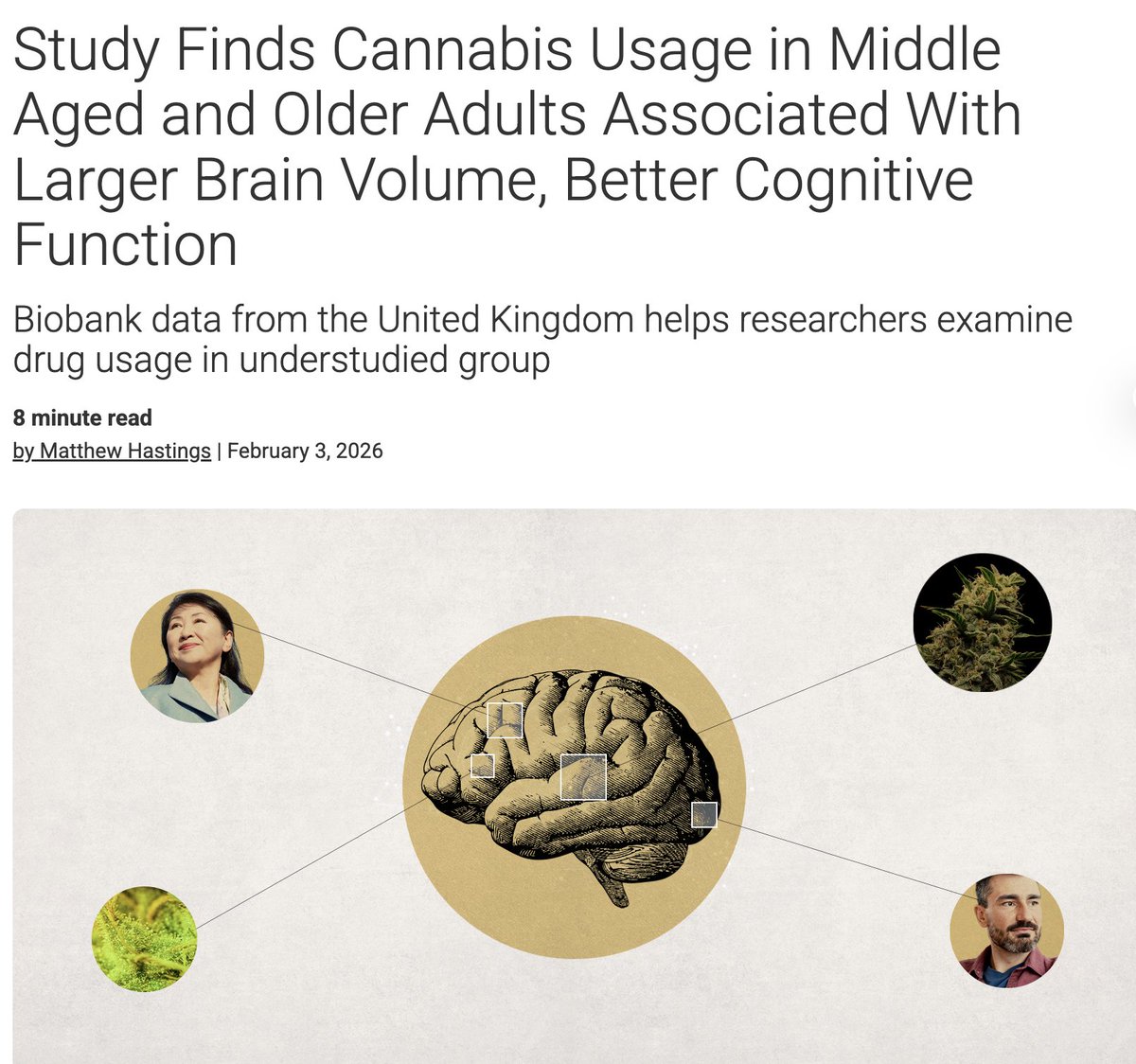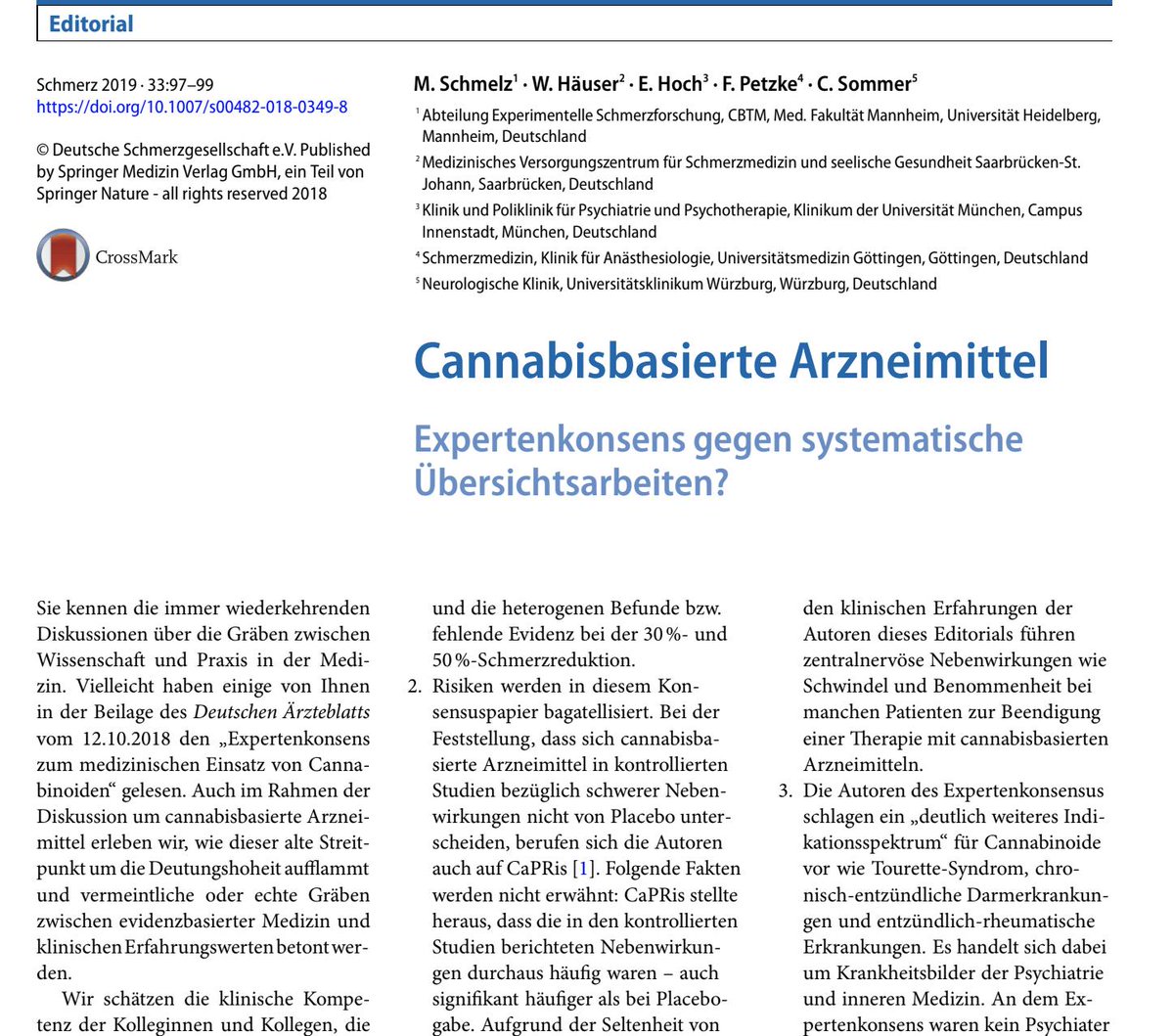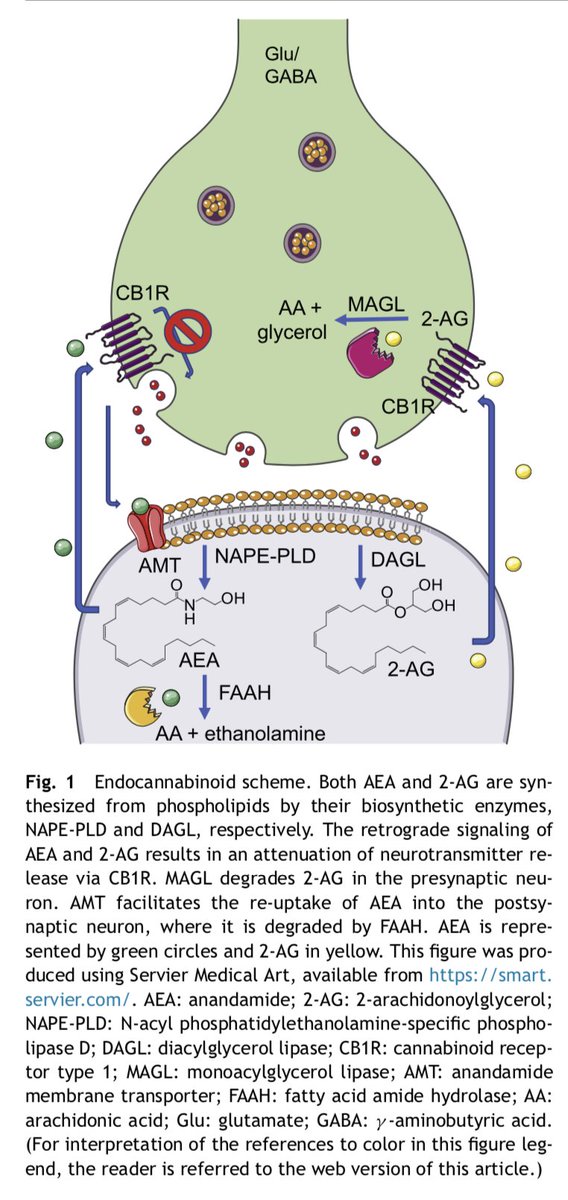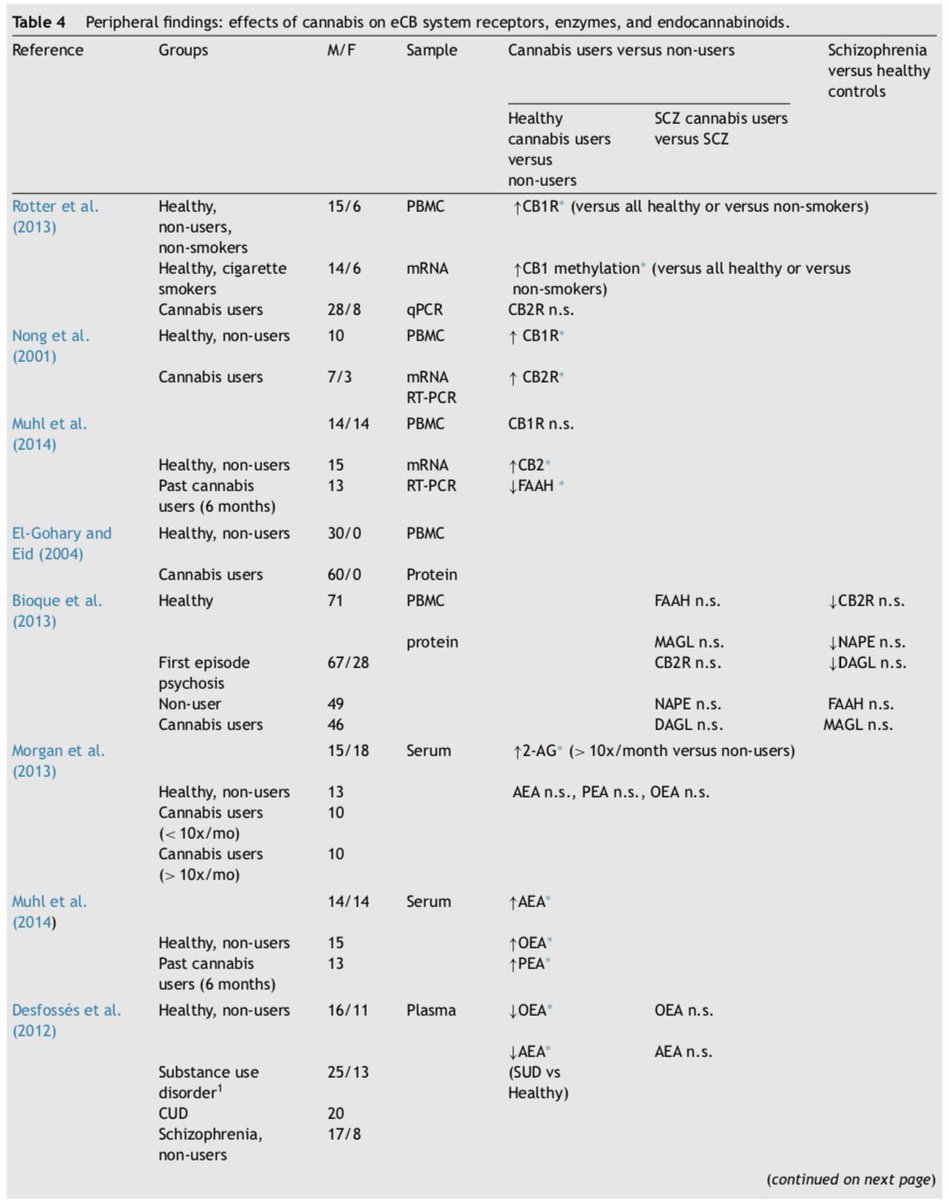How to get URL link on X (Twitter) App

 Researchers focused on brain regions rich in CB1 receptors, including the hippocampus, a key structure for memory and aging. Rather than total brain size, they examined specific regions and linked preserved volume to better cognition. In aging research, maintained volume often signals resilience, not excess. /2 #Neuroscience #CognitiveHealth #AgingWell
Researchers focused on brain regions rich in CB1 receptors, including the hippocampus, a key structure for memory and aging. Rather than total brain size, they examined specific regions and linked preserved volume to better cognition. In aging research, maintained volume often signals resilience, not excess. /2 #Neuroscience #CognitiveHealth #AgingWell
 🧠 Oxidative stress accelerates Alzheimer’s and brain aging. CBD has shown potent antioxidant effects that combat this, helping maintain brain functionality. Could this be a key to slowing cognitive decline? Many say yes! #BrainHealth #Antioxidants -2/7
🧠 Oxidative stress accelerates Alzheimer’s and brain aging. CBD has shown potent antioxidant effects that combat this, helping maintain brain functionality. Could this be a key to slowing cognitive decline? Many say yes! #BrainHealth #Antioxidants -2/7


 2/ "Often underappreciated, discussions of cannabis as a medication always include facets that go beyond the purely medical implications (psychological relief, interpersonal relaxation, improved coping, etc)"
2/ "Often underappreciated, discussions of cannabis as a medication always include facets that go beyond the purely medical implications (psychological relief, interpersonal relaxation, improved coping, etc)"

 ..But when? #MDByte: One study “no longer detected significant reductions in CB1-Receptors after 2-to-4 weeks of cannabis abstinence.” Another study “no longer detected a statistically significant reduction in CB1R availability in cannabis users after 2 or 28 days of abstinence.”
..But when? #MDByte: One study “no longer detected significant reductions in CB1-Receptors after 2-to-4 weeks of cannabis abstinence.” Another study “no longer detected a statistically significant reduction in CB1R availability in cannabis users after 2 or 28 days of abstinence.” 
